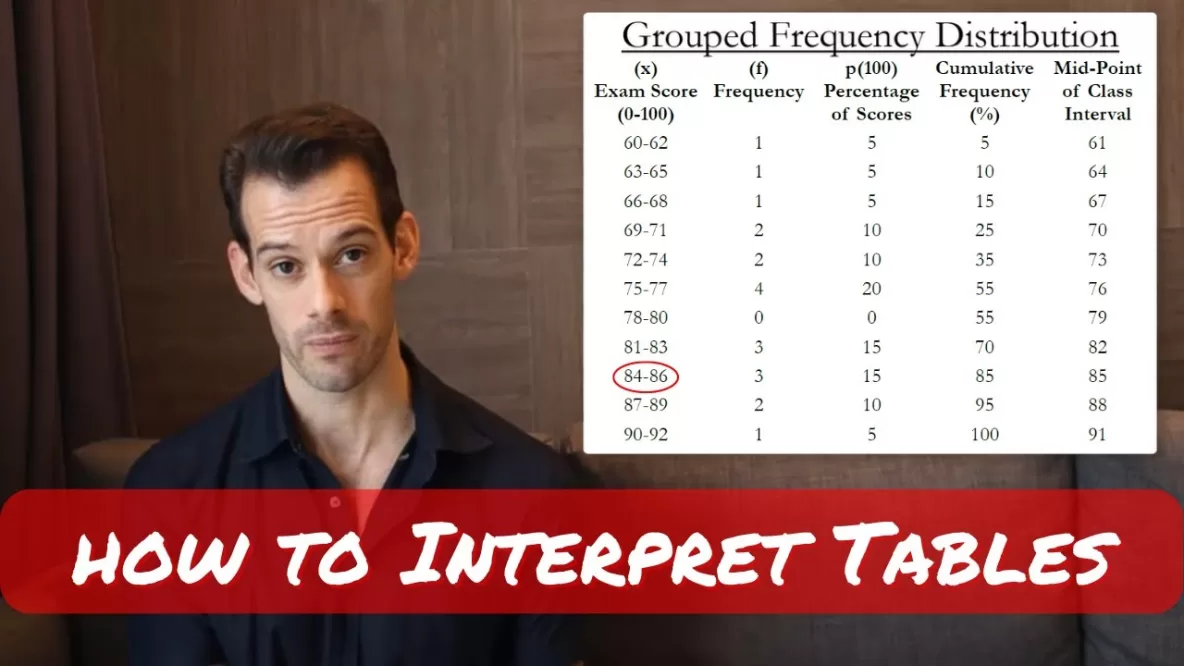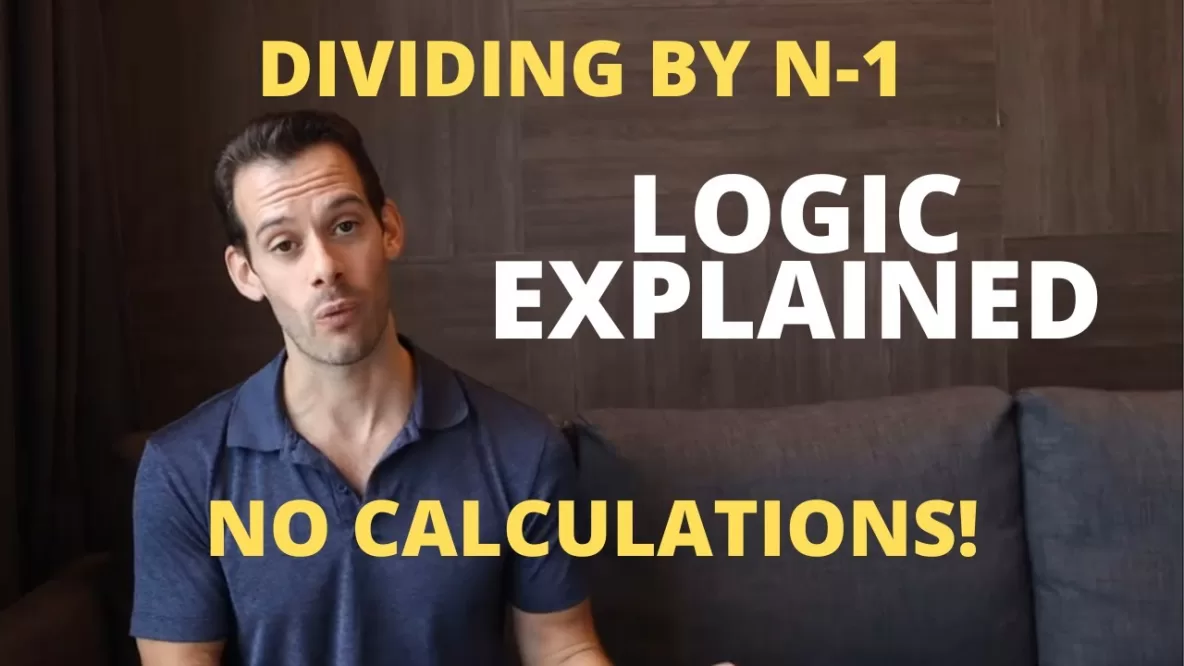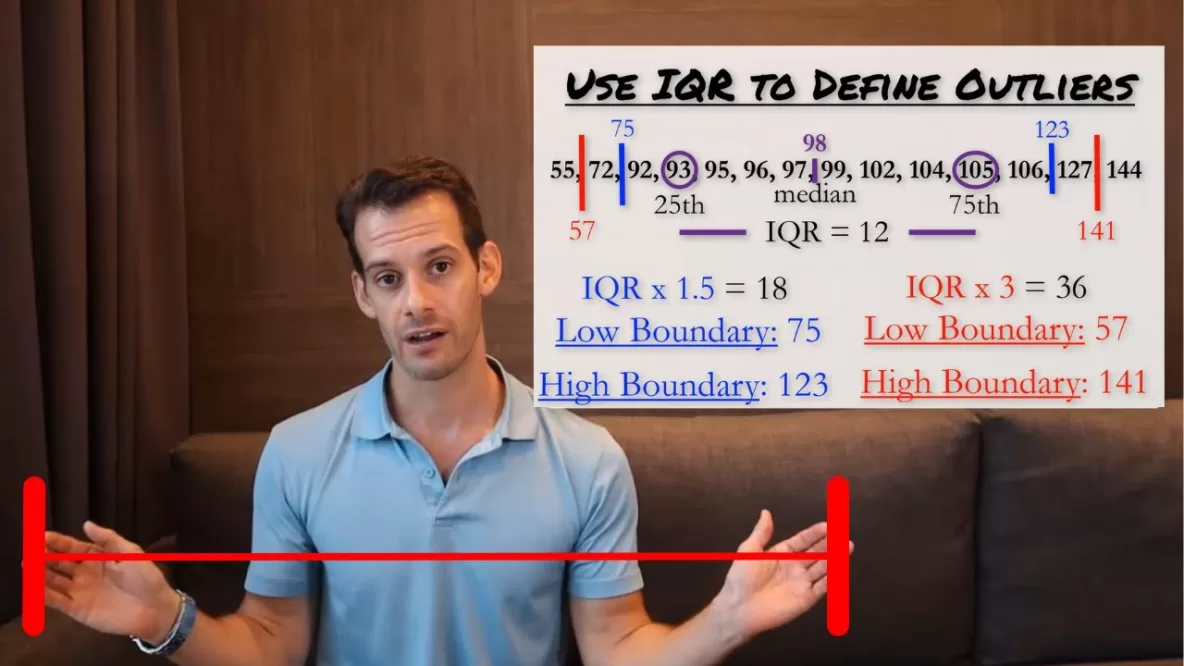In this video I explain how to use a z-table or a standard normal table in order to calculate the percentage of scores below, above, or between z-scores for a normal distribution. Finding the areas under the curve associated with … Read More
What is a Probability Density Function?
In this video I explain probability density functions and how these are used to describe the distribution of a population and estimate the probabilities for different ranges of scores within that distribution. I also explain why the probability for a … Read More
How Are Moments Used in Statistics?
In this video I explain how moments are used in statistics in order to describe the characteristics of a distribution. The first four moments help to tell us about the mean, variance, skew, and kurtosis of a distribution and allow … Read More
Skewness – Floor & Ceiling Effects
In this video I explain how skewness in a sample may be caused by a floor or a ceiling effect, in which the measurement isn’t able to capture variability at the low or high end of a population’s distribution. A … Read More
How to Interpret (and Create) Frequency Distribution Tables
In this video I explain frequency distribution tables and grouped frequency distribution tables for summarizing data. I explain each of the columns, including the variable measured, the frequency, the proportion and percentage of the data at each variable, and the … Read More
n-1 Explained Conceptually
In this video I answer the common question of why we divide by n-1 when calculating variance from a sample, known as Bessel’s Correction. I focus on conceptual understanding of why this adjustment is needed and why n-1 is the … Read More
Mean Absolute Deviation, Variance, & Standard Deviation
In this video I explain how to use mean deviation, mean absolute deviation, variance, and standard deviation to assess dispersion in interval or ratio level data. I discuss each concept and practice calculating with a sample set of data, and … Read More
How to Use Interquartile Range to Identify Outliers
In this video I explain how to use the interquartile range in order to identify possible outliers in a data set. This can be done using the interquartile range times 1.5 for moderate outliers, or times 3 for extreme outliers. … Read More
Inclusive vs. Exclusive Interquartile Range
In this video I explain the difference between calculating an exclusive interquartile range and an inclusive interquartile range. While we generally use an exclusive interquartile range with an even set of scores, when we have an odd-numbered set of scores … Read More
Dispersion: Range, Interquartile Range, & Semi-Interquartile Range
In this video I explain simple ways of describing the dispersion of data that can be ordered or ranked. These are the range, the interquartile range, and the semi-interquartile range. I also briefly describe a more precise method for calculating … Read More










